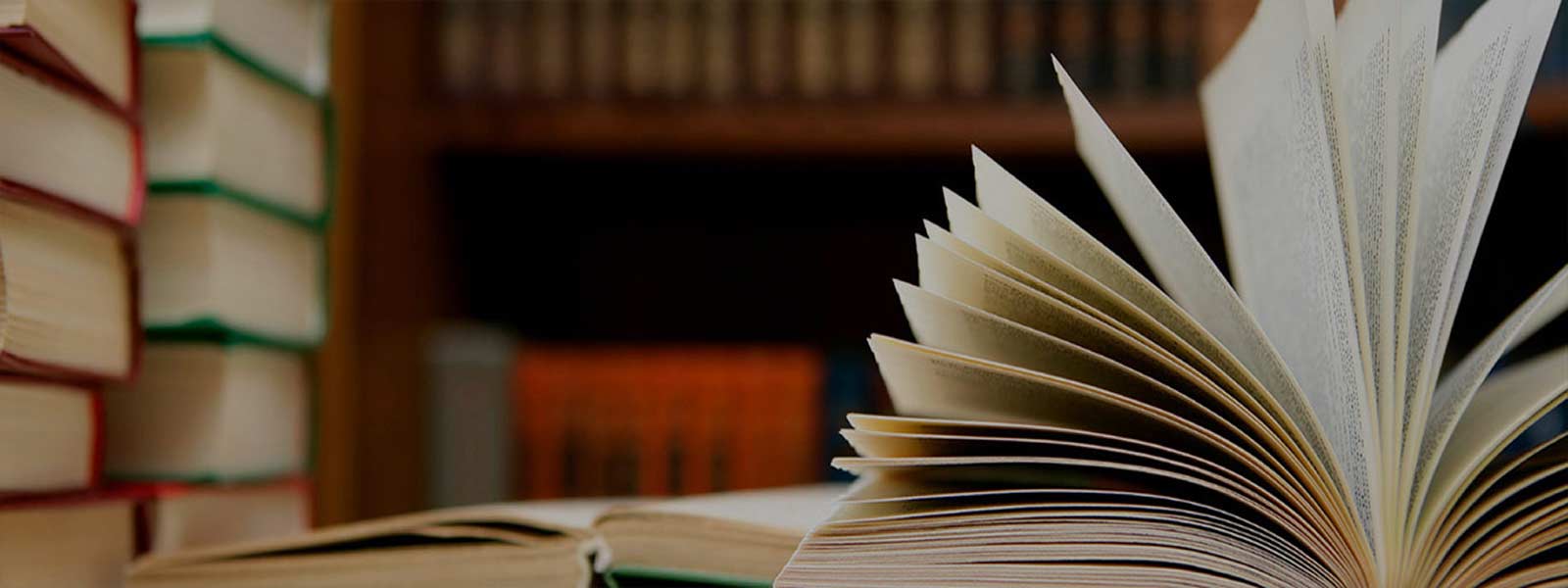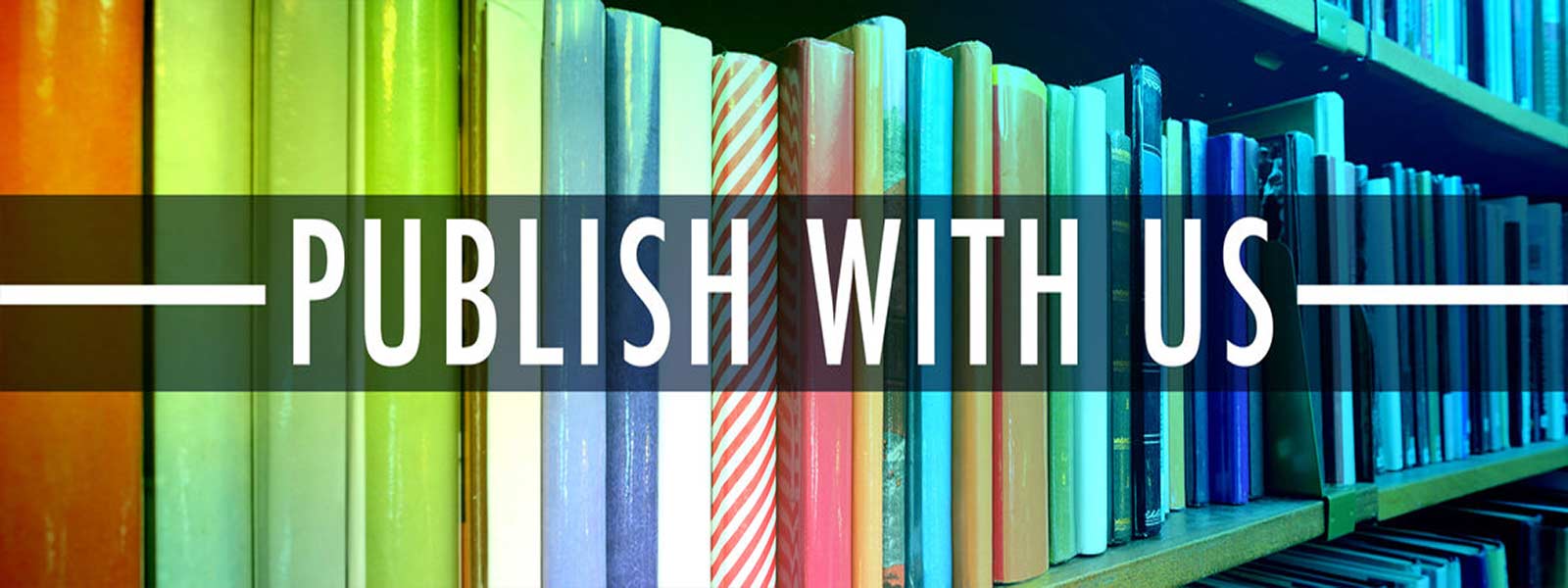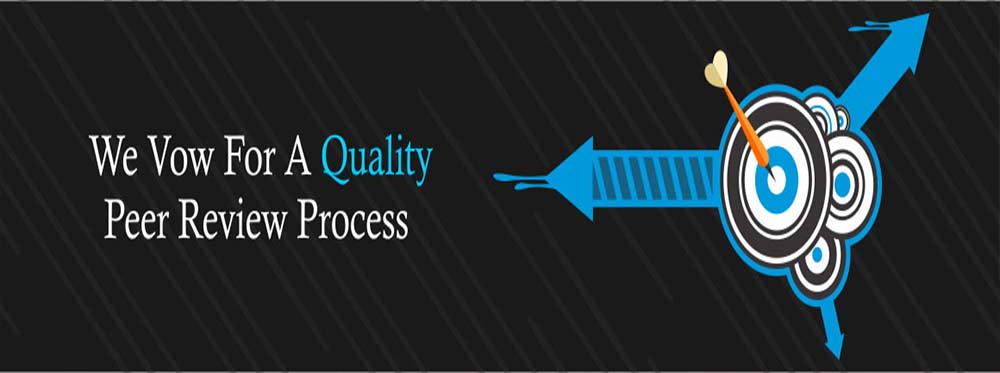![]()
Plagiarism Policy
Understanding Plagiarism
Plagiarism is using others' ideas, results, or words without acknowledgment and presenting them as original work. It breaks academic ethics and damages trust in scientific publishing.
Self-Plagiarism happens when authors reuse their previously published work without proper citation, often by submitting similar content to multiple journals.
Types of Plagiarism
According to the International Association of Scientists (IAS), Rubatosis Publications recognizes the following types:
- Full Plagiarism: Copying complete content without any changes.
- Partial Plagiarism: Mixing parts from different sources with slight changes.
- Self-Plagiarism: Reusing one’s own previous work without citation.
Plagiarism Policy
Rubatosis Publications follows COPE guidelines strictly:
- All manuscripts are scanned via tools like Grammarly.
- Rejected outright if plagiarism found during initial check.
- Under 20% similarity: Returned for revision.
- Final check at proof stage before publication.
Post-Publication Actions
If plagiarism is detected after publication:
- Institution/funders notified.
- Article retracted and removed.
- Retraction notice with source published.
- Indexing services updated.














